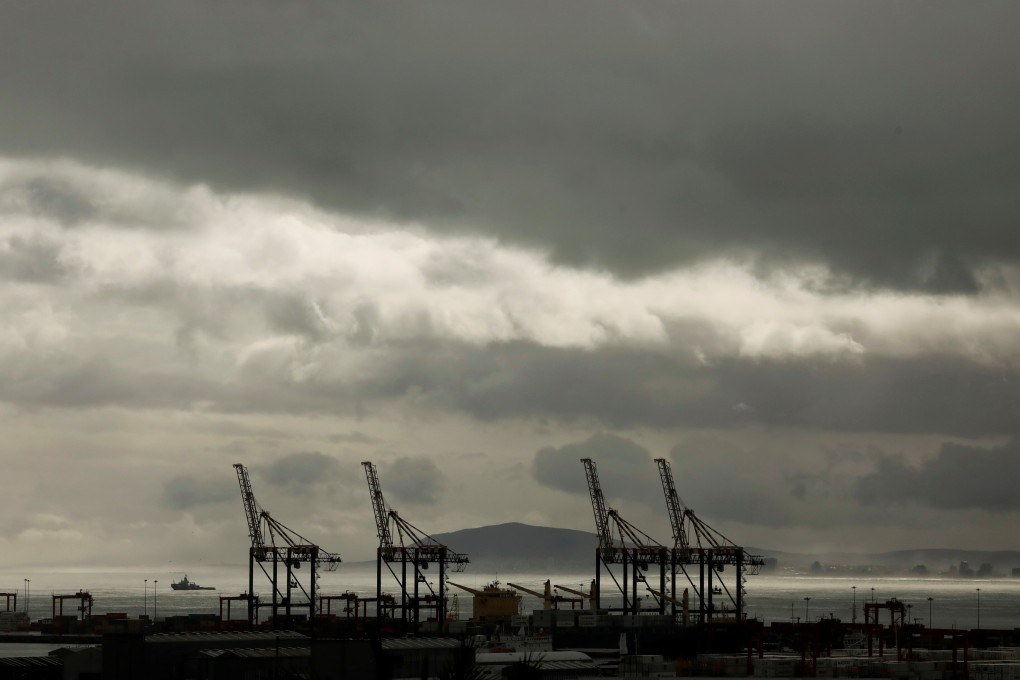China-Africa trade takes big hit from coronavirus in first half
- Total volume down by nearly 20 per cent in first six months but ‘better than expected’, Chinese customs says
- Africa to stay a major source of commodities in longer term but more turbulence expected for the rest of the year, analyst says

China, one of the biggest importers of raw materials from Africa, including copper, cobalt and oil, cut its imports from the continent by 31 per cent while its exports to Africa fell by 8.3 per cent as restrictions to curb the spread of the pandemic hurt both exports and imports, according to figures from China’s General Administration of Customs.
The world’s second-biggest economy sold US$48.42 billion of goods in the six-month period and imported US$33.95 billion in goods and raw materials from Africa.
South Africa, one of China’s key markets for goods and also a source for raw materials, saw trade between the two countries fall by 27.6 per cent. China cut imports from South Africa by nearly a third, or 32.2 per cent, to US$8.68 billion while exports to the country slumped by about a fifth to US$6.20 billion, according to the customs data.

01:58
Coronavirus: South Africa becomes continent’s clear leader in Covid-19 infections
However, the customs authority said the trade volume in the first half of the year was “better than expected”.